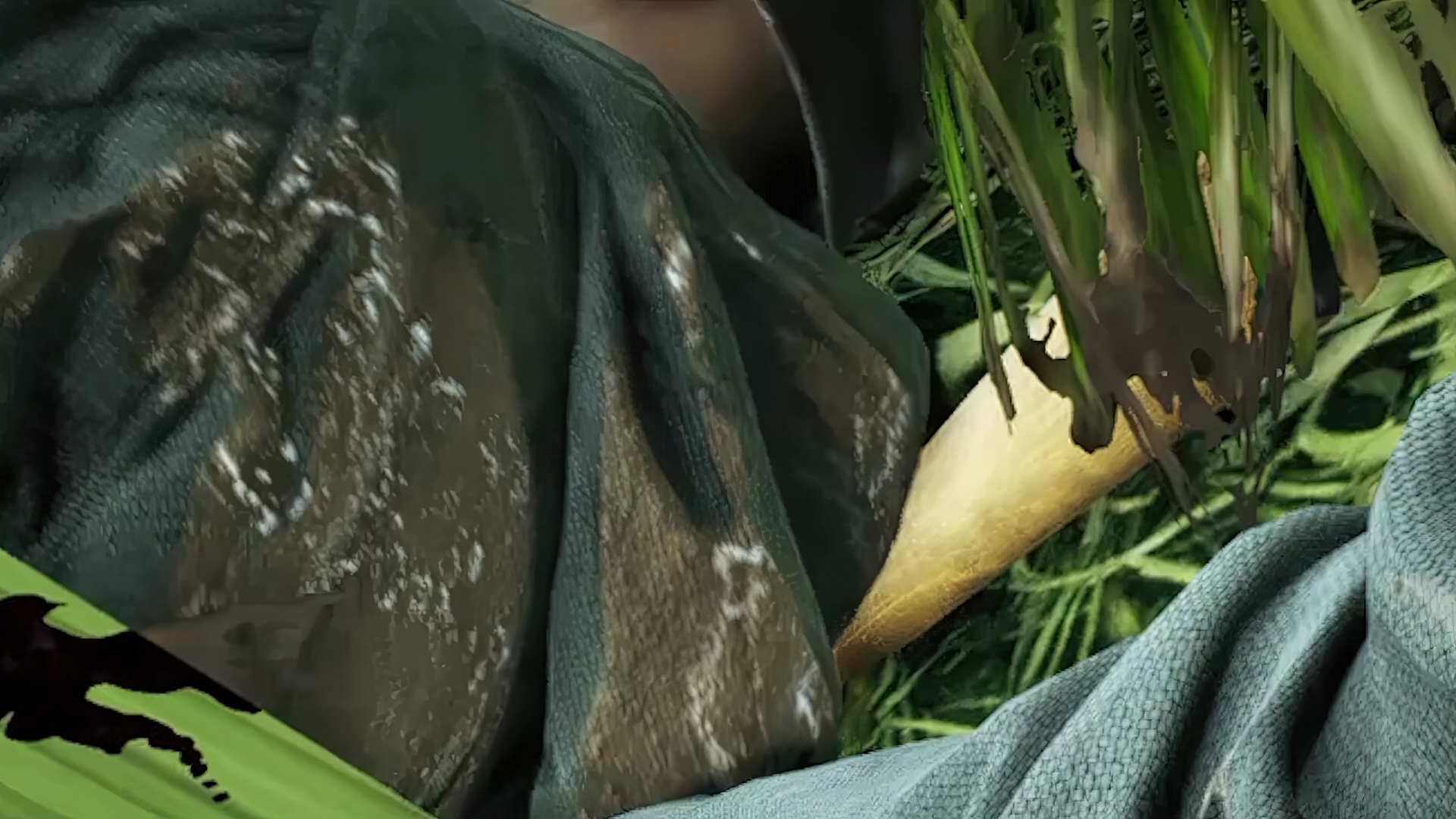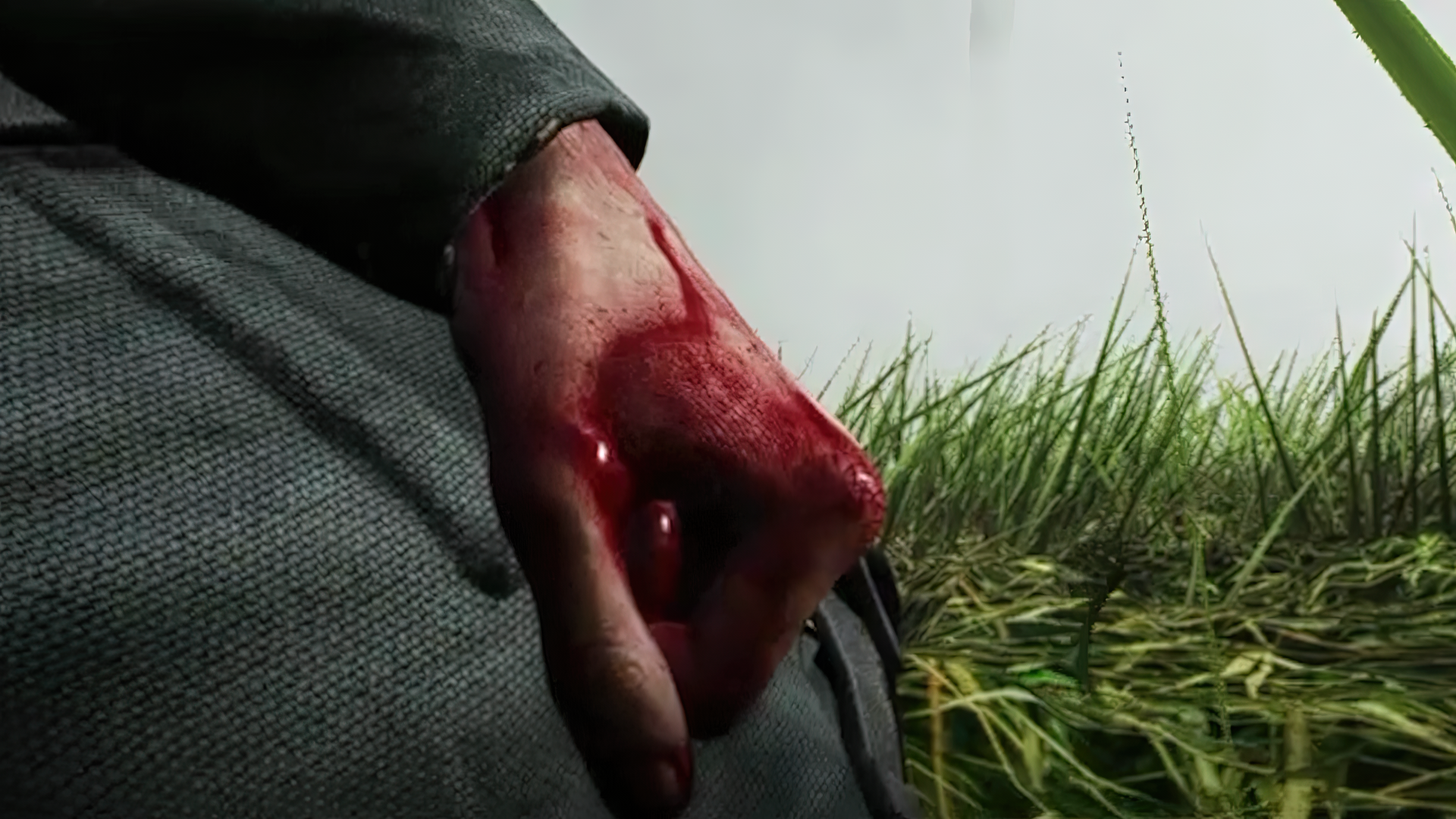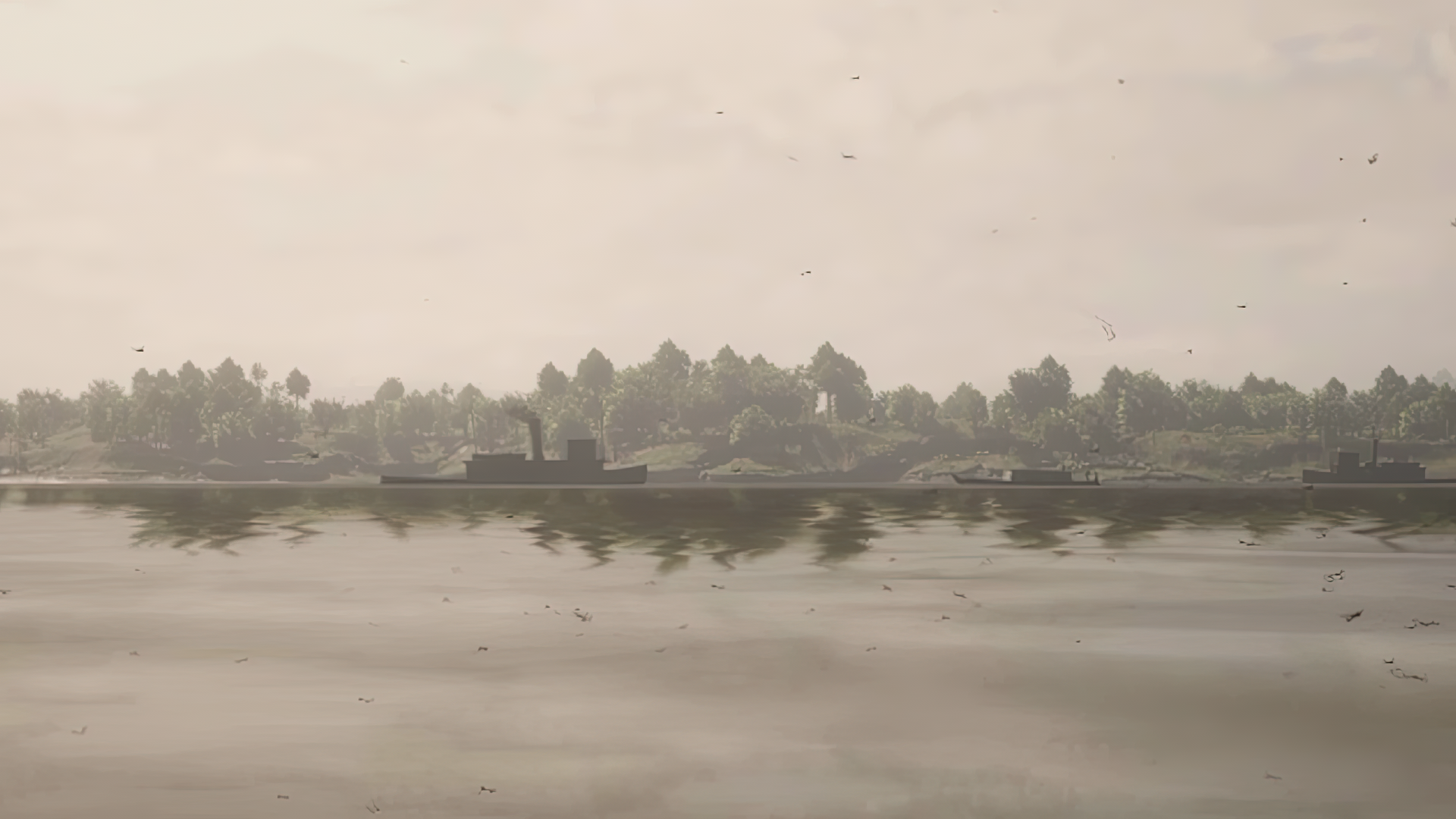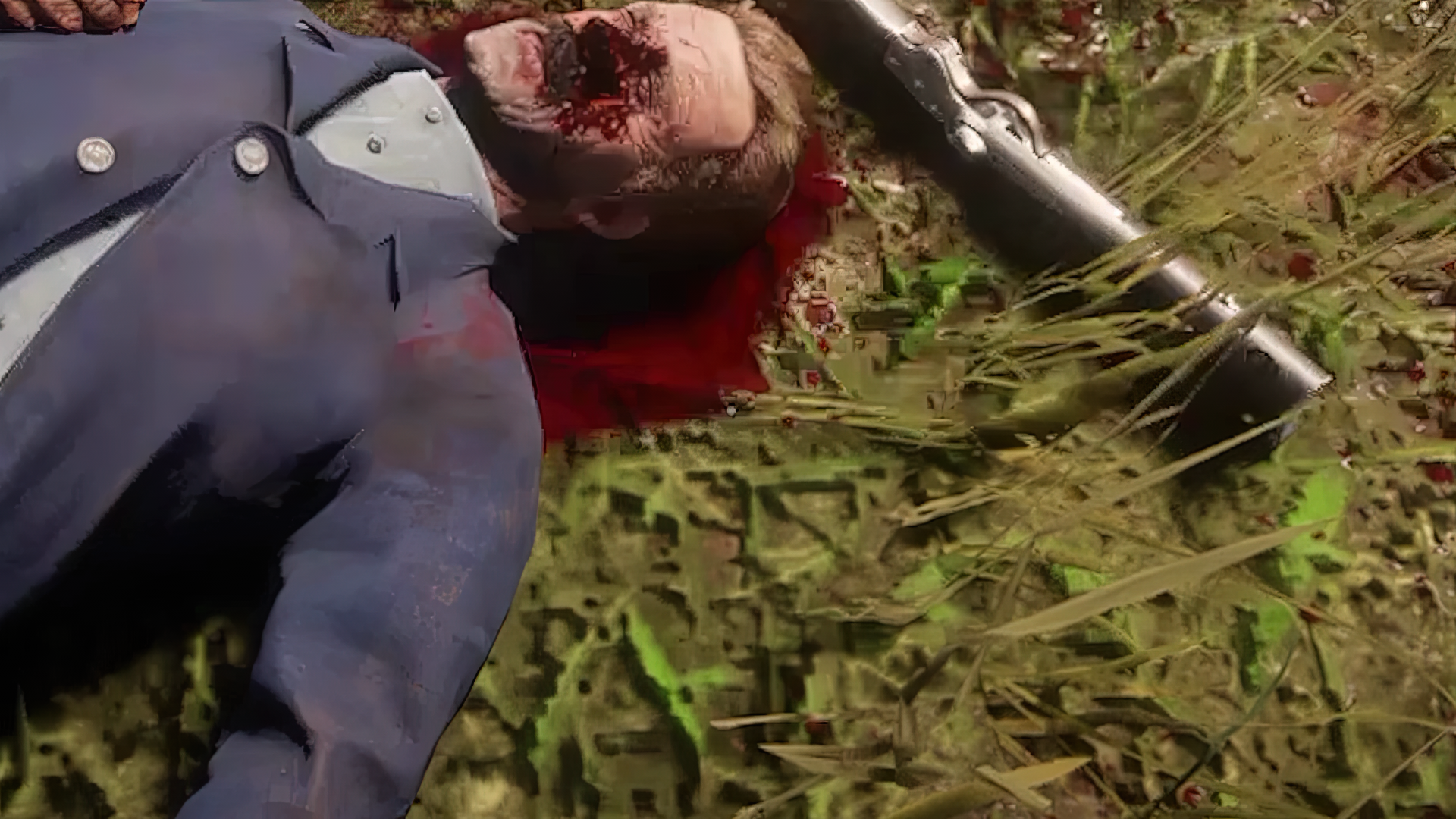PATREON-EXCLUSIVE CONTENT
〰️
PATREON-EXCLUSIVE CONTENT 〰️
The Milan Machinima Festival is delighted to present Luca Giacomelli’s, A Report for Humanity which adapts Kafka’s tale “A Report for an Academy”, using selected voiceovers to accompany imagery recorded from various video games such as Red Dead Redemption 2, GTA V, Space Explorer, Battlefield V, and FIFA 23. Featured in the Made in Italy program, Giacomelli's work will be available between March 19-26 2023 exclusively on the MMF website.
Luca Giacomelli was born in 1995 and he is currently enrolled in the New Technologies of Art Program at the Academy of Fine Arts in Carrara, Italy. His main interests are cinema, photography, and video art. He directed several shorts, including Dogs (2019, with Matteo Marchi), which was influenced by Werner Herzog, Andrei Tarkovskij, and Godfrey Reggio. His work What is Happening in Our City? was presented at the Milan Machinima Festival in 2020. Giacomelli lives and works in Carrara.
In the following interview, Giacomelli discusses the main inspirations behind his new artwork:
Matteo Bittanti: What inspired you to use Franz Kafka’s “A Report for an Academy” as a reference point for your latest machinima, and what drew you to the themes and messages of the story?
Luca Giacomelli: I have always been fascinated by poems and fiction — especially short stories — that succeed in describing, in a direct, raw, visceral and at the same time lucid and prophetic, the state and soul of humanity, both universally and individually. Examples includes Edgar Allan Poe’s short story “The Silence,” Guy de Maupassant’s “The Horla,” and several short stories by Kafka. Literature in general is what inspires me the most. Specifically, “A Report for an Academy” inspired me mainly because of the point of view in which one is forced to look, in an absolutely objective, realistic way, at the habits of human beings. Kafka chooses a monkey as an “empty vessel” to be filled with human customs and habits and as an impartial figure through whom he describes us, but it can also be seen as a point of view of an infant forced to live and deal with the so-called civilization in which he has to find a role and a task; of course “imitating” what is in front of him. And what does the narrator of Kafka’s story do but try to survive, adapting to his new environment? Through evolution into “civilized” man we have left behind the freedom of nature for the cage that is modern civilization, where our best chance of camouflage and survival comes from creating a kind of performance. All the monkey’s actions after his capture constitute a performance, but it is a performance that gradually becomes more conscious. What used to be instinctive has now turned into rational decision-making, and “performing” has changed from something it does to blend in to something it does to live.
Matteo Bittanti: How did you select the specific video games used in the artwork, and what factors did you consider as representative of “human habits, moments, and vicissitudes”? How does the use of video games as a medium highlight these themes and make them more accessible to a contemporary audience? How does the use of machinima and video games in this artwork challenge traditional artistic mediums and add a unique layer of meaning to Kafka’s story? What was the thought process behind choosing these particular games and how do they contribute to the artwork’s overall message?
Matteo Bittanti
Work cited
Luca Giacomelli
A Report for Humanity
digital video/machinima, color, sound, 4’ 27”, 2022, Italy
This is a Patreon exclusive article. To access the full content consider joining our Patreon community.






